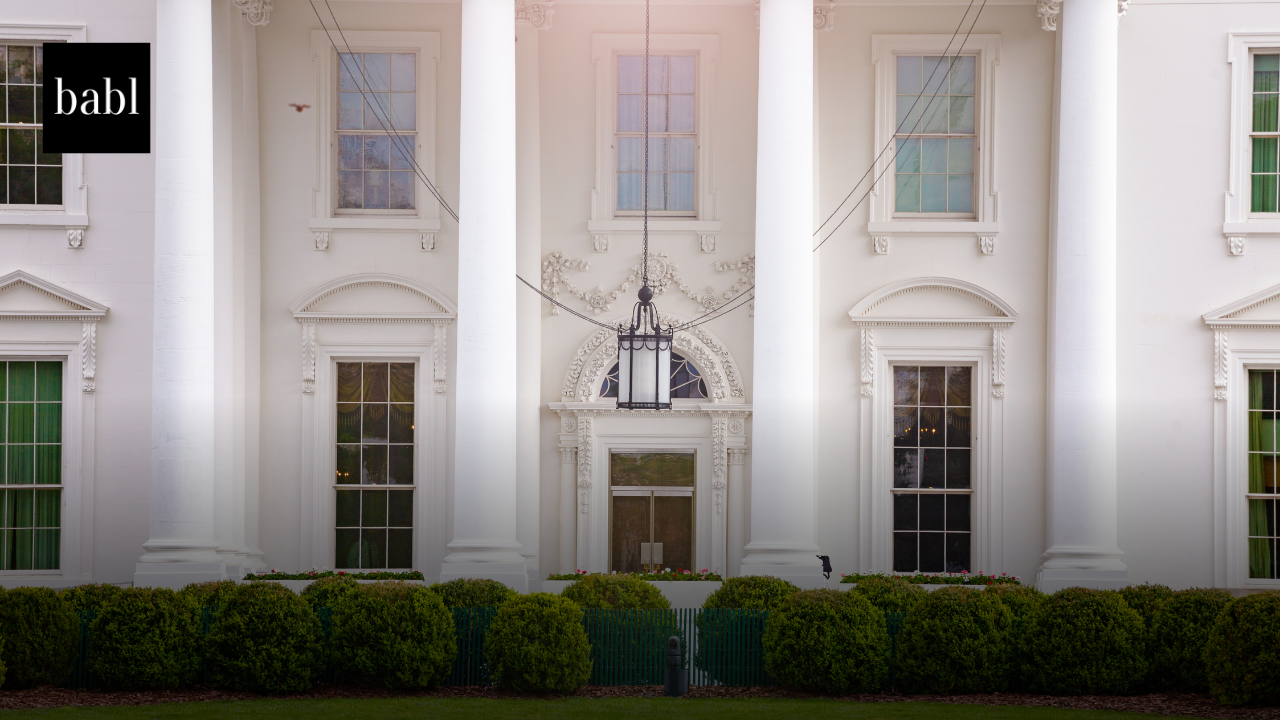UPDATE — JULY 2025: The policy framework stated in the news article below is no longer in effect. In January 2025, President Trump signed Executive Order 14179, “Removing Barriers to American xLeadership in Artificial Intelligence,” which revoked several Biden-era AI directives and set the stage for a new federal AI strategy. That strategy culminated in the release of the Trump Administration’s AI Action Plan in July 2025—a comprehensive policy shift that prioritizes infrastructure development, international AI diplomacy, national security, and economic competitiveness.
While the Biden-era milestones described below remain historically accurate, they have been superseded by new federal AI directives that now guide agency actions and regulatory posture.
For the most current information, refer to the July 2025 AI Action Plan and the accompanying executive orders released under the Trump Administration. These are now the definitive guides for U.S. federal AI governance.
ORIGINAL NEWS STORY:
Federal Agencies Successfully Complete Actions Under President Biden’s AI Executive Order
The White House has announced that federal agencies have completed all 180-day actions mandated by President Biden’s Executive Order on AI. The Executive Order, issued six months ago, aimed to position the United States as a leader in harnessing the potential of AI while managing associated risks. Agencies across the government have made significant strides in managing AI’s safety and security risks, protecting privacy, advancing equity and civil rights, promoting innovation and competition, and bolstering American leadership globally.
Agencies have successfully addressed a wide range of AI-related safety and security risks within the prescribed 180-day timeframe. Efforts included establishing a framework for nucleic acid synthesis screening to prevent the misuse of AI for engineering dangerous biological materials. Additionally, draft documents were released for public comment on managing generative AI risks and securely developing generative AI systems, among other topics. The National Institute of Standards and Technology led these initiatives, building on its AI Risk Management Framework, which has seen widespread adoption both domestically and internationally.
Critical Infrastructure
Federal agencies developed the first AI safety and security guidelines for critical infrastructure owners and operators. These guidelines drew on assessments from all sixteen infrastructure sectors. They set principles for safe development and deployment of AI while protecting workers, consumers, and civil rights.
The Department of Labor added guidance for contractors and employers deploying AI in the workplace. These instructions emphasized compliance with worker protection laws and encouraged practices that empower employees.
Agencies also promoted AI for scientific research and clean energy. The Department of Energy launched funding opportunities for AI applications in science, including energy-efficient algorithms and hardware. Partnerships and pilot projects tested new AI tools to address energy challenges and strengthen clean energy infrastructure.
AI Talent
Agencies worked to bring more AI talent into government. Since the order’s release, they hired more than 150 AI professionals, with plans to recruit hundreds more by Summer 2024. Programs such as the Presidential Innovation Fellows and the Department of Homeland Security AI Corps helped place AI experts across agencies.
Need Help?
If you have questions or concerns about how to navigate the U.S. and global AI regulatory landscape, don’t hesitate to reach out to BABL AI. Their Audit Experts can offer valuable insight, and ensure you’re informed and compliant.





